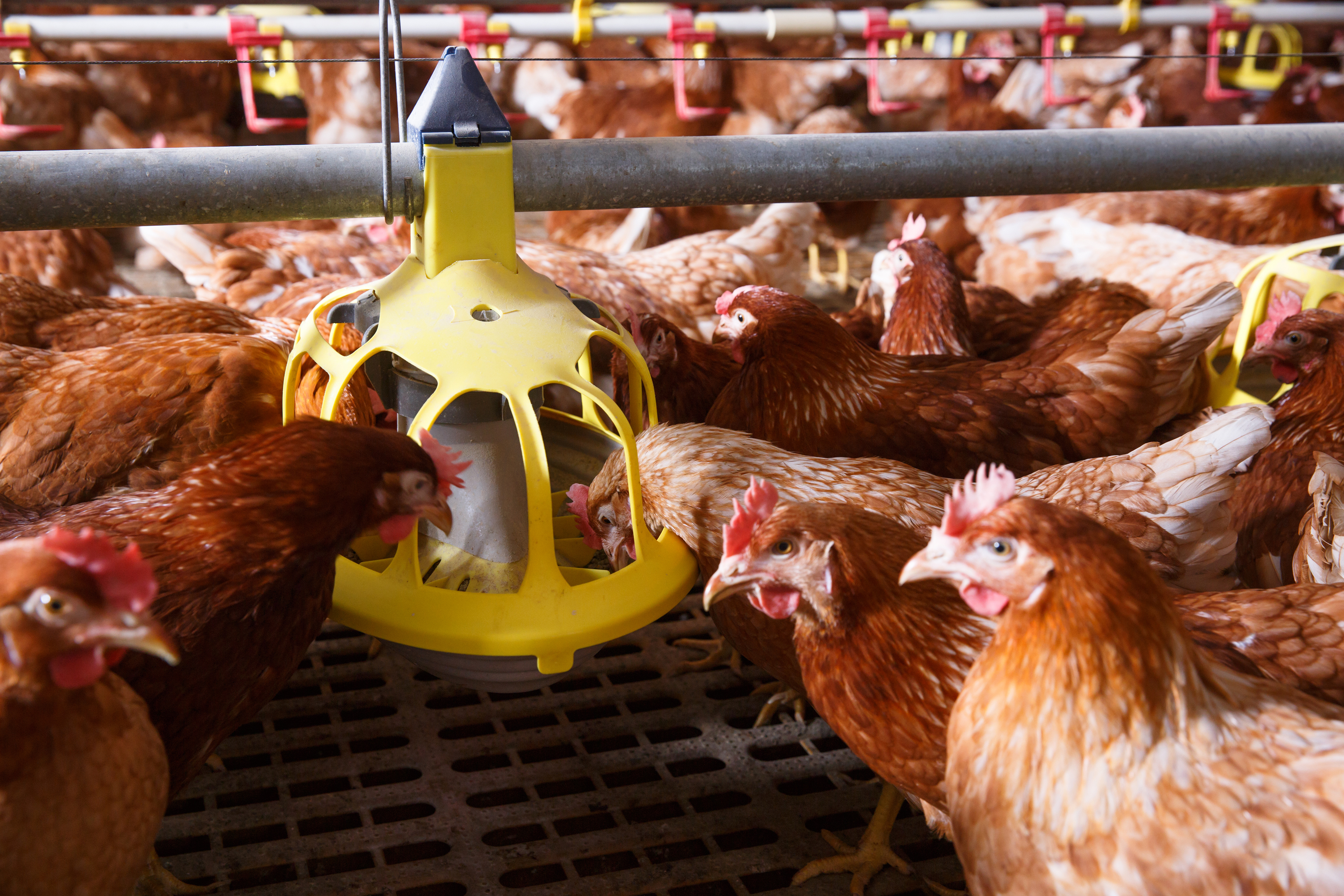



New research examines the role of protease on layers and egg quality
Emerging research funded by USPOULTRY has explored the role of protease, crude protein and amino acid levels on laying hen performance and egg quality.USPOULTRY and the USPOULTRY Foundation announce the completion of a funded research project at Mississippi State University in which researchers examined the role of protease, crude protein and amino acid levels on laying hen performance and egg quality.

The research was made possible in part by an endowing Foundation gift from Cal-Maine Foods and is part of the Association’s comprehensive research program encompassing all phases of poultry and egg production and processing. A brief summary of the completed project is shown below. A complete report, along with information on other Association research, may be obtained through USPOULTRY’s website. The project summary is as follows.
Project #716: Effect of varying protein/amino acid level of diets with or without protease to reduce feed cost, improve egg quality and egg solids in post-peak and late-lay
Dr Pratima Adhikari, Department of Poultry Science, Mississippi State University, MS State, Mississippi
Dr Pratima Adhikari and colleagues at Mississippi State University have completed a layer nutrition research project with objectives that included determining the role of protease and varying levels of crude protein and amino acids (AA) on performance as well as egg quality. The effect of the protease was beneficial in understanding the AA digestibility in both early and late-lay phases. No interaction of protease and crude protein/amino acid on economic return was observed during the post-peak trial. There were significant AA levels and protease interactions for egg production, percent yolk and other factors during the late-lay trial. See the full report for more details.
The research summary can be found on the USPOULTRY website. Information on other Association research may also be obtained by visiting the USPOULTRY website.









